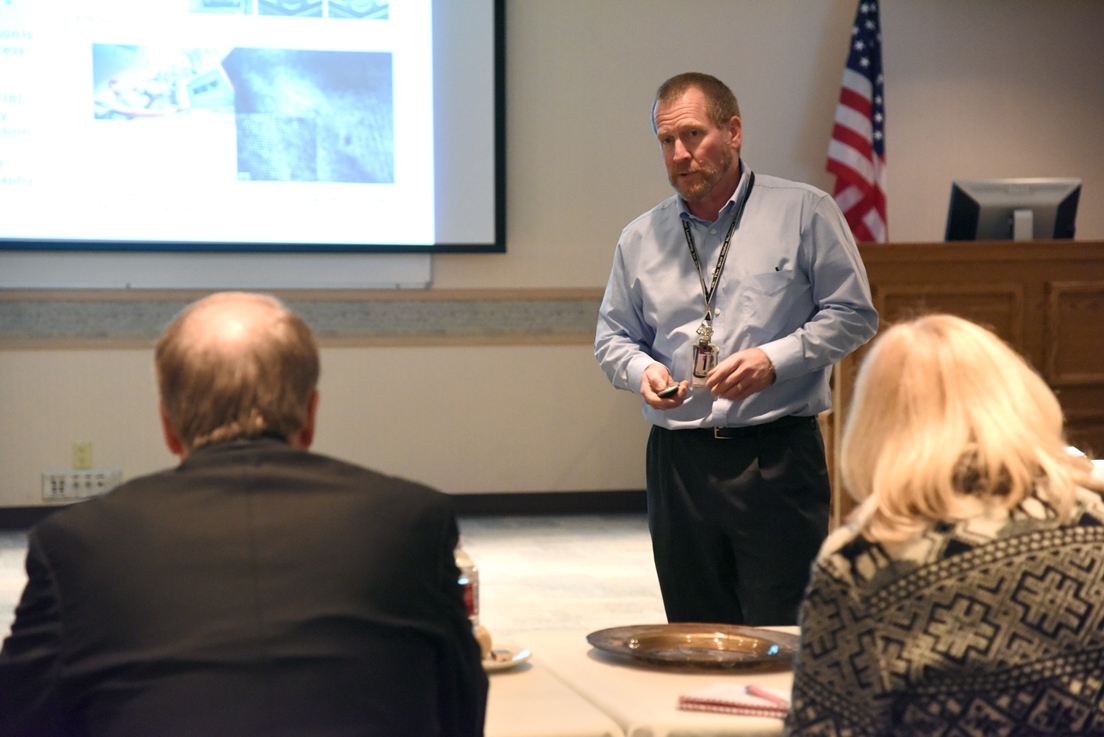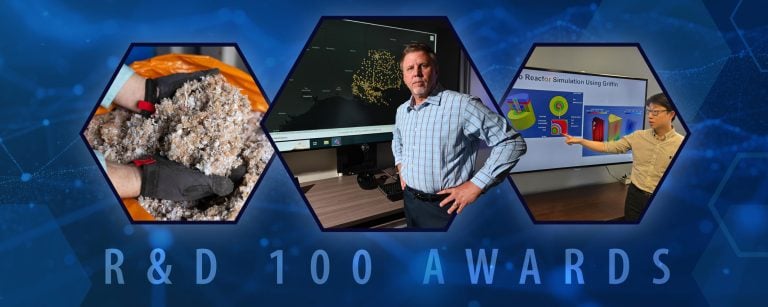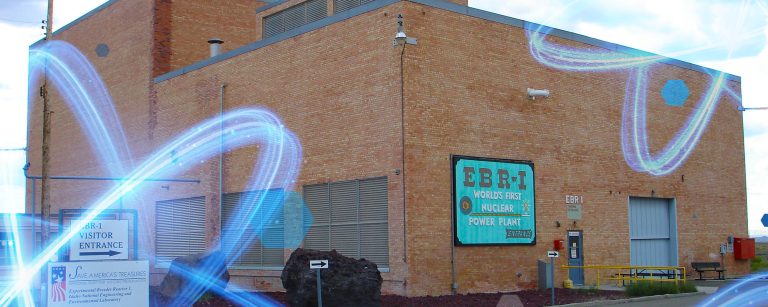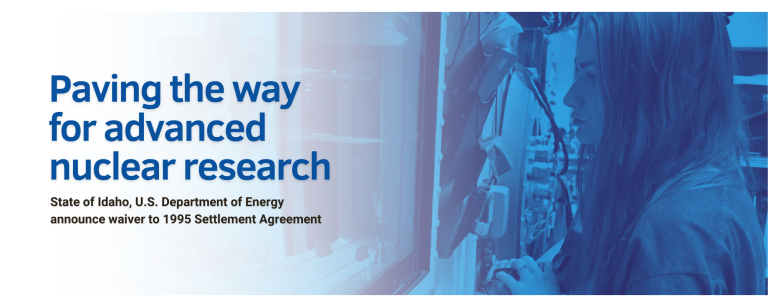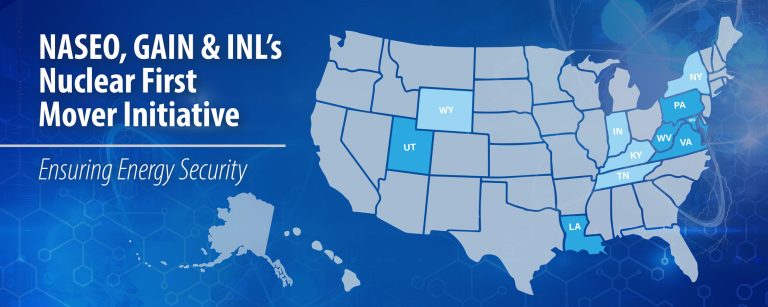For most working in the field of nuclear energy, the American Nuclear Society conferences are frequently attended to learn about the latest innovations, present their newest research, and spark new hypotheses. But the best ideas aren’t always found in the lecture halls. In the case of the latest collaboration between Idaho National Laboratory and Oregon State University, lunchtime was the breeding ground for innovation.
“Like many good things, I recall that this idea was hatched over lunch at an ANS conference a few years ago,” said Mitch Meyer, the Characterization and Advanced Post-Irradiation Examination director. The course entitled “Nuclear Fuel Qualification – Post Irradiation Examination” was taught by Meyer and 11 other INL researchers with Wade Marcum, an associate professor at Oregon State University, facilitating the course. This inaugural class had 16 students, but faculty members also sat in during many lectures. “There was a lot of curiosity about the topics we were presenting,” Meyer said.
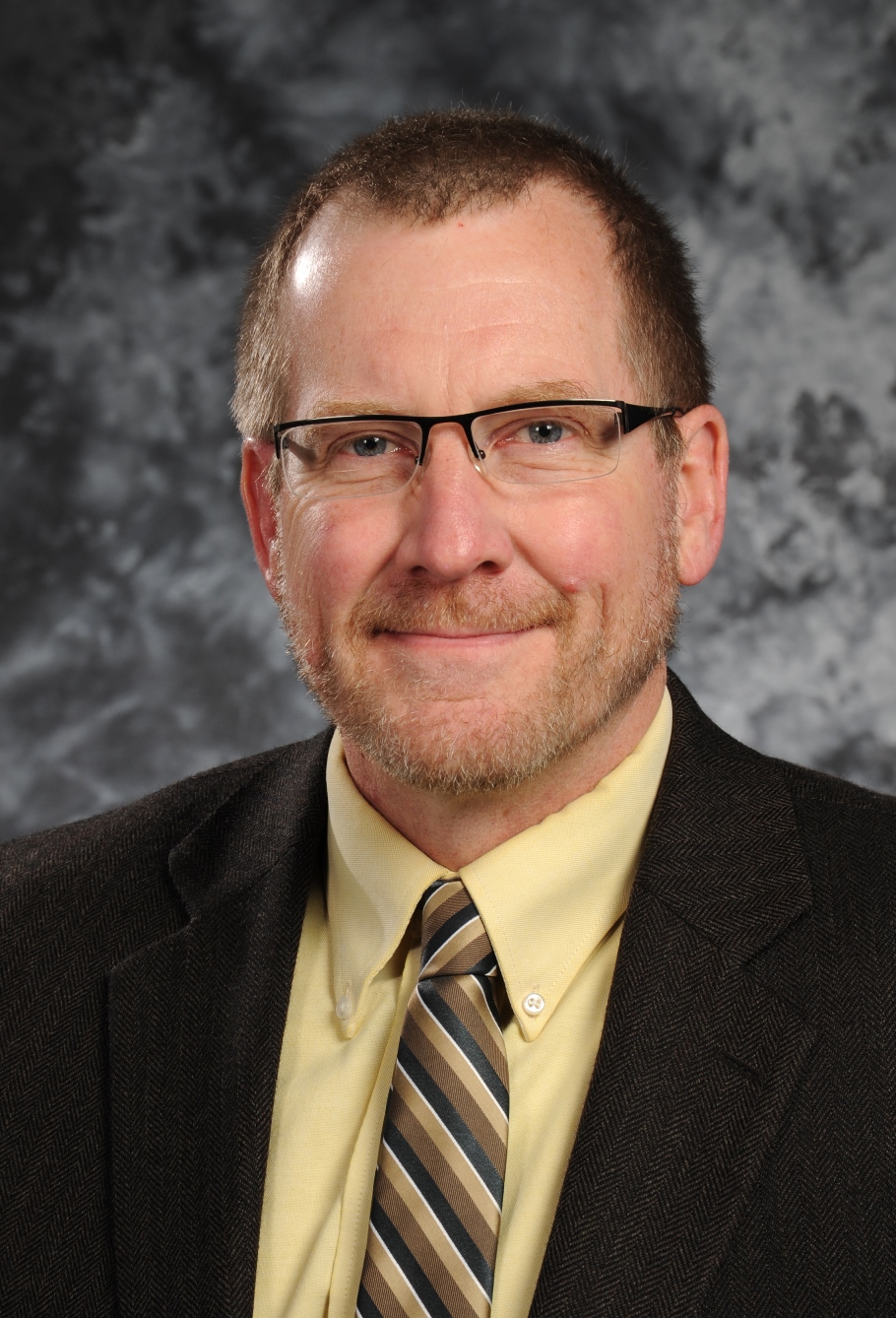
The unique course covered topics such as fission gas measurement, electron beam characterization and fuel performance codes. “The faculty and university very much appreciated this exchange and opportunity as it fills a gap in the present teaching curriculum and connects us with a premier research institute in a way that we have not before,” Marcum said.
Finding volunteers at INL to teach the course wasn’t difficult for Meyer, and he ended up with more volunteers than sections to teach. Aaron Craft, who taught the lectures on neutron radiography, attributes this to the passion scientists have for their work. “Scientists like talking about what they do. Since they’re the subject matter experts, they can talk about it in more detail and in more breadth,” Craft said. To continue to fulfill INL’s mission of demonstrating nuclear energy as the cleanest and most reliable form of energy, Craft believes this sort of interaction is key to inspiring the future wave of nuclear engineers. “We have to be advocates for our science in the public as well, which includes classrooms teaching the next generation of students.”
After building the curriculum through a series of conference calls with Marcum, discussions with INL researchers, several hours of work on nights and weekends, and approval of the Oregon State nuclear engineering faculty, the class was taught by INL researchers both in person and via video conferencing. Overall, the class was well received by the students. “The comments that I personally received were that they enjoyed the course subject matter,” Marcum said. “But mostly they appreciated the insightful topical delivery that could only be provided by a national or international topical expert on that subject matter.”
“No other university provides this type of course,” Craft said. “When we get bright nuclear engineers or materials scientists in here, they haven’t had an education on post-irradiation examination or nuclear fuel qualification anywhere. It doesn’t exist, so we end up teaching them from scratch.”

Although the idea for the course began over a meal, the collaboration is one of the many that have occurred as part of INL’s longstanding partnership with the university through its National University Consortium. Established in 2005, the NUC is a partnership between INL and five prominent research universities, Massachusetts Institute of Technology, North Carolina State University, the Ohio State University, the University of New Mexico and Oregon State University.
The lasting impact of the most recent collaboration between INL and Oregon State University is already being felt. Meyer plans to host a few interns from the university this summer; Craft has already been contacted by graduate students to run experiments at the Neutron Radiography Reactor that he works with; Craft also plans to host a faculty seminar at INL and assist Oregon State with their camera-based imaging system at their nuclear reactor; and Meyer is hoping this course will be the first of many: “I’m already thinking about the next one.”

